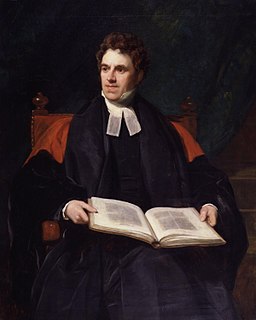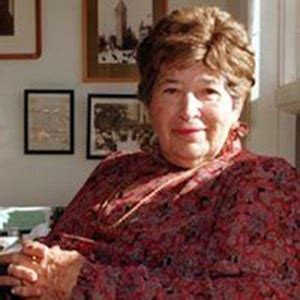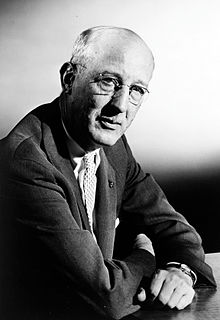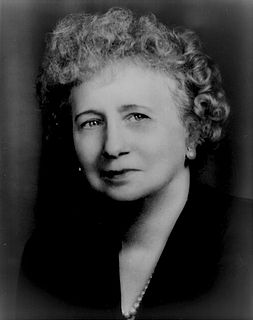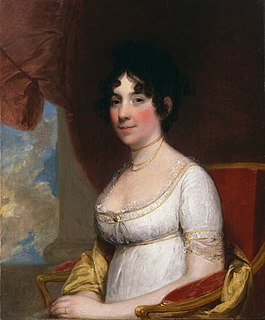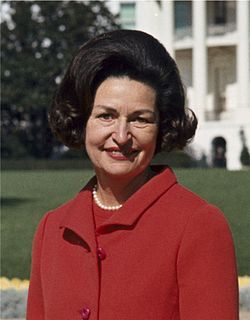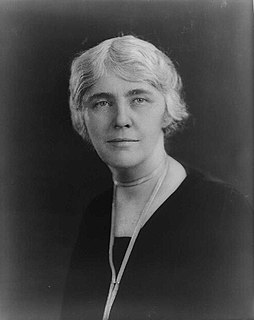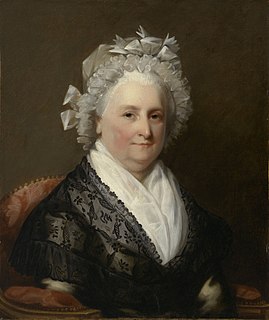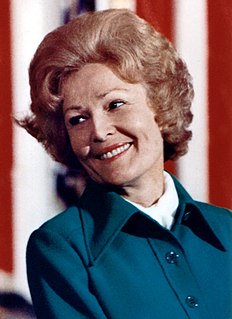A Quote by Eleanor Roosevelt
Probably the happiest period in life most frequently is in middle age, when the eager passions of youth are cooled, and the infirmities of age not yet begun; as we see that the shadows, which are at morning and evening so large, almost entirely disappear at midday.
Related Quotes
The complete life, the perfect pattern, includes old age as well as youth and maturity. The beauty of the morning and the radiance of noon are good, but it would be a very silly person who drew the curtains and turned on the light in order to shut out the tranquillity of the evening. Old age has its pleasures, which, though different, are not less than the pleasures of youth.
Crabbed age and youth cannot live together; Youth is full of pleasure, age is full of care; Youth like summer morn, age like winter weather; Youth like summer brave, age like winter bare. Youth is full sport, age's breath is short; Youth is nimble, age is lame; Youth is hot and bold, age is weak and cold; Youth is wild, age is tame. Age, I do abhor thee; youth, I do adore thee.
The discovery of a grey hair when you are brushing out your whiskers of a morning—first fallen flake of the coming snows of age—is a disagreeable thing.... So are flying twinges of gout, shortness of breath on the hill-side, the fact that even the moderate use of your friend's wines at dinner upsets you. These things are disagreeable because they tell you that you are no longer young—that you have passed through youth, are now in middle age, and faring onward to the shadows in which, somewhere, a grave is hid.
The best Armour of Old Age is a well spent life preceding it; a Life employed in the Pursuit of useful Knowledge, in honourable Actions and the Practice of Virtue; in which he who labours to improve himself from his Youth, will in Age reap the happiest Fruits of them; not only because these never leave a Man, not even in the extremest Old Age; but because a Conscience bearing Witness that our Life was well-spent, together with the Remembrance of past good Actions, yields an unspeakable Comfort to the Soul
Someone once said that middle age is like rereading a book that you haven't read since you were a callow youth. The first time around you were dazzled by impressions, emotions, and tended to miss the finer points. In middle age you have the equipment to see the subtleties you missed before and you savor it more slowly.





